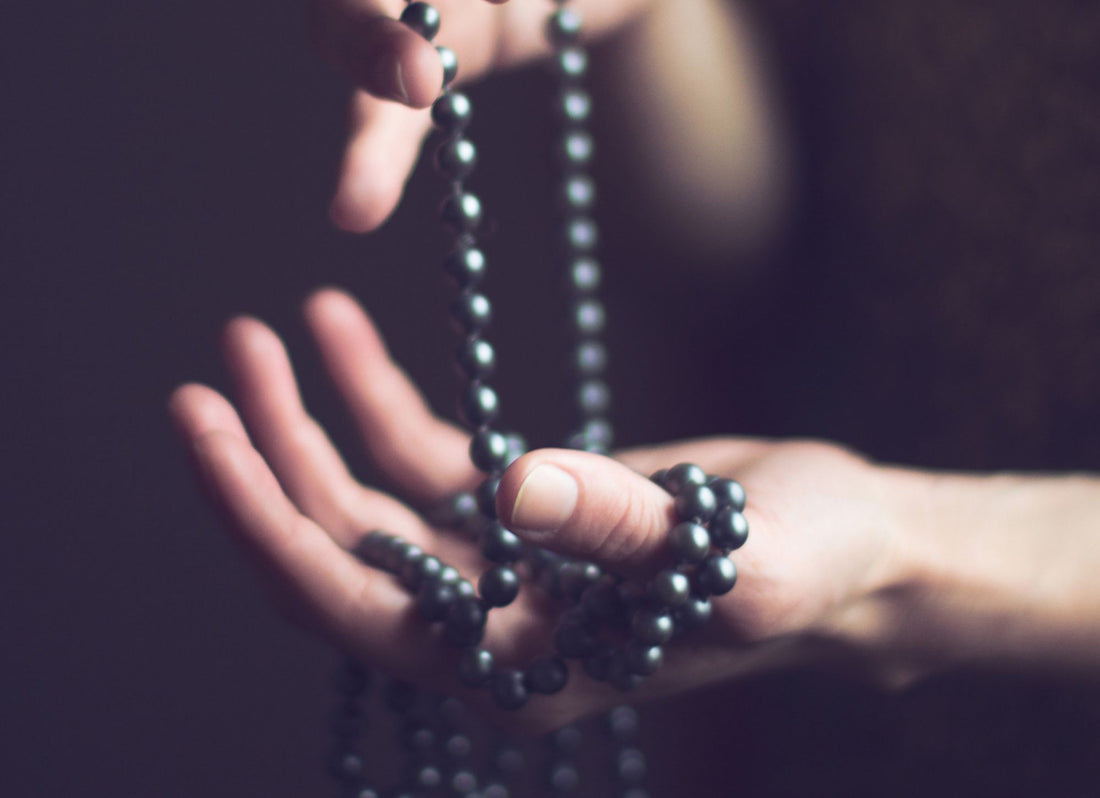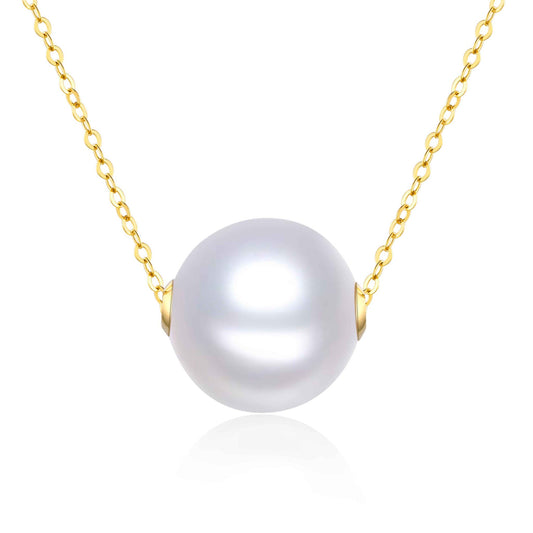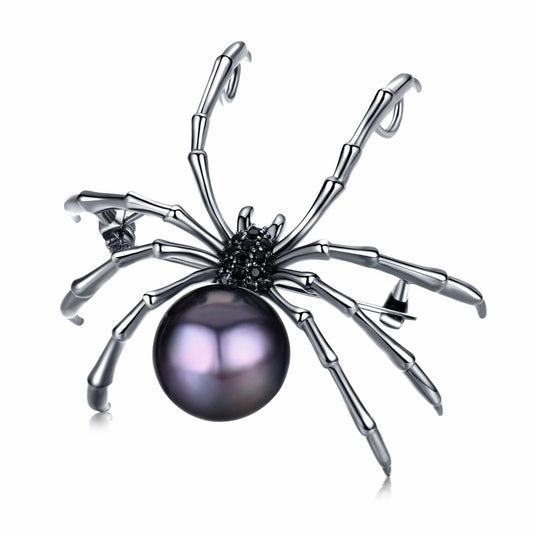
Helen Keller: The Unexpected Pearl
Share
Because Her World Was Dark, Ours Is Less So
What if every aspect of life seems to be working against you? Oysters teach us that no matter what your challenges, if you keep working towards your goal, doing what you know you can, you will eventually find the pearl inside. We believe that people are like oysters, and that we can channel our difficulties and obstacles in such a way that we take an ordinary – and sometimes not so ordinary – life and turn it into a pearlescent legacy. In honor of this unique human quality, we are publishing a series looking at women who have lived their lives like pearls. This is another installment of the Living like a Pearl series. Find the other stories here.
______
Never mind accomplishment or creating a pearl out of your life. First, ponder this question: how does someone who is deaf and blind communicate? If you can’t hear, you can’t speak. If you can’t see, you can’t write. Unless you are Helen Keller.
This remarkable woman proved to all mankind that the human spirit is indeed like an oyster: where there once was nothing, we can create something beautiful. And that all of us, no matter what our setbacks, have something to contribute in life.
Keller lost her sight and hearing when she was 19 months old during an illness which today seems to have been meningitis or scarlet fever. After she had existed in a fog of consciousness for years, able only to communicate through basic signs, Anne Sullivan showed up. She was to become Keller’s mentor and companion and would change her life forever.
Sullivan came after the Keller family had reached out to the Perkins Institute for the Blind, asking for help with their 7-year-old deaf-blind daughter. The school’s director sent Sullivan, herself visually impaired, and she immediately set to work to teach Keller words by spelling them into her hand. It was no easy task. It took Keller a month to understand what she was learning was language. And in the process, she became so frustrated that she once broke a mug while learning to spell the word. But once she realized that she was learning to communicate, she could not be stopped and tired Sullivan out in order to learn every word she could.
One would think that learning to communicate under these conditions is accomplishment enough.
But Helen Keller lived her life like a pearl. It seemed she knew, once she’d accomplished this, that she had something to give the world: her insight, her understanding, and her inspirational story. That is why she not only learned to communicate but kept on pushing forward until she completed her studies, becoming the first deaf-blind person to earn a Bachelor of Arts degree. She was also adamant to communicate as ‘normally’ as possible and learned how to use the Tadoma method where she learned to ‘hear’ speech by putting her hand on someone’s face while they speak. She learned braille and sign language and how to ‘listen’ to music by putting her hand on a surface nearby to experience the beat.
Her disadvantaged position in life gave her a unique outlook that could see past everyday existence: she advocated for people with disabilities, for women’s right to vote, and helped found the American Civil Liberties Union, which worked to undo centuries of racial discrimination. She defended her views fiercely and intelligently when editors and other influential people differed from her, and went on to become a well-known speaker, meeting and befriending several American presidents and celebrities like Graham Bell, Charlie Chaplin, and Mark Twain.
She also wrote extensively, first publishing a book about her life – The Story of My Life – at age 22 and then going on to write 11 other books and several articles.
Her activities brought about change. She helped raise funds for the American Foundation for the Blind, and helped people understand that blind and deaf people have something to contribute to the world. Because she spoke out, conditions for the blind and deaf improved through ‘better job training, more braille books, books on tape, and better educational opportunities.’ The Helen Keller International organization, founded in 1915, still works to fight the causes and consequences of blindness to this day.
Looking back on her life, one can clearly see it for the pearl it was. From a silent, dark life, came the pearl that we now know as the legacy of Helen Keller.



